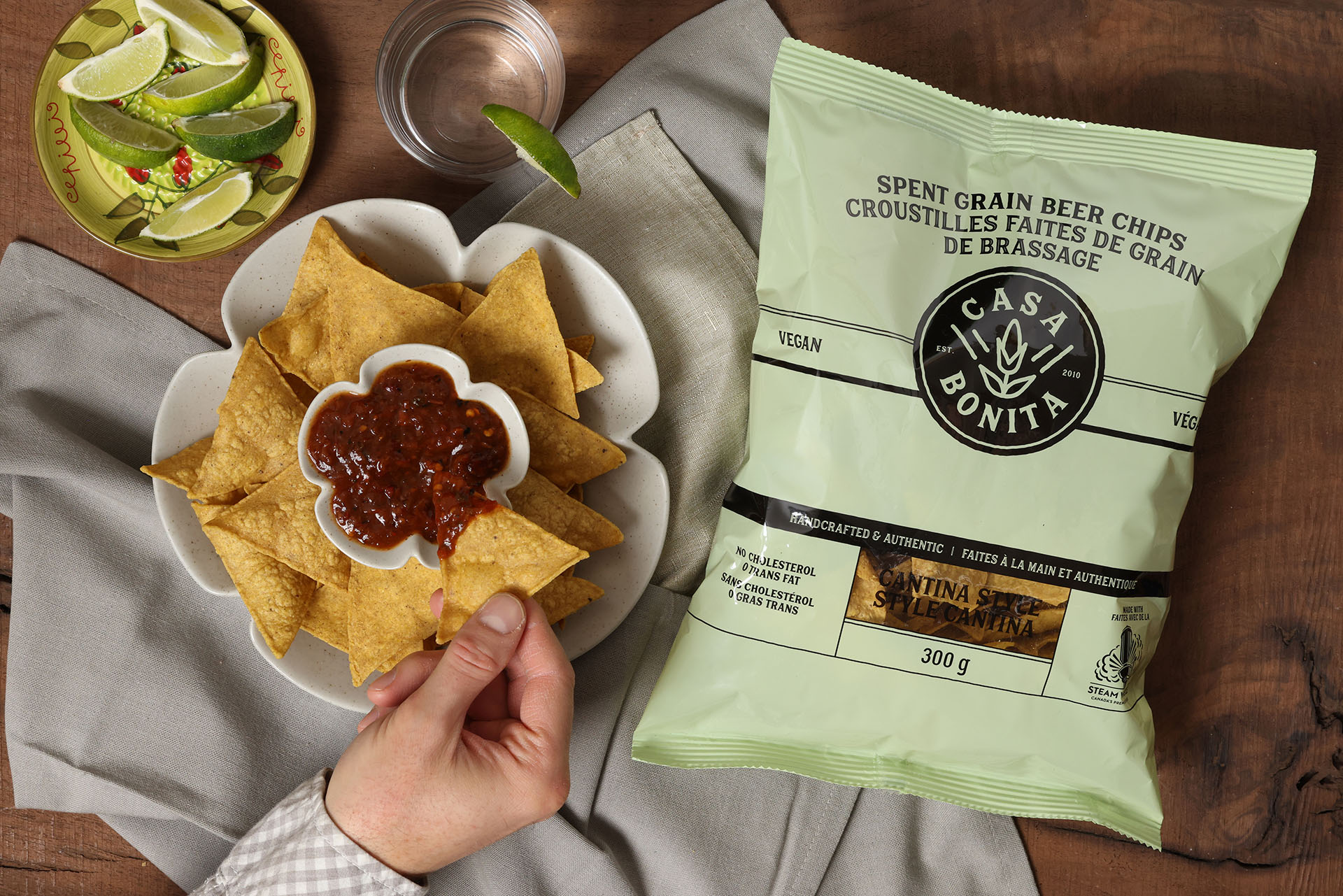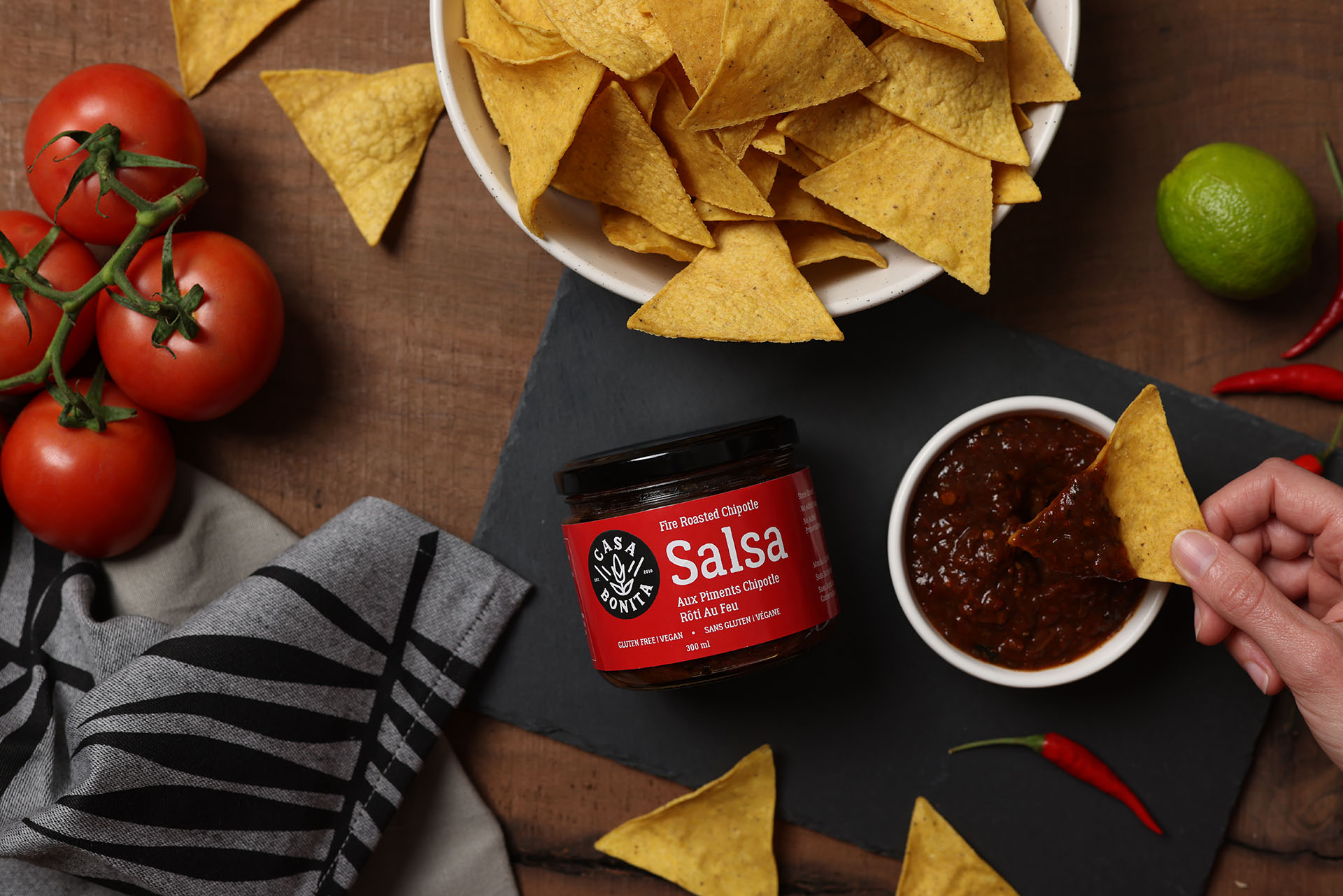The plant-based product market is experiencing exponential growth as consumers increasingly seek healthier, more sustainable food options. As a result, brands in the food and beverage industry are racing to innovate and meet this rising demand. However, developing plant-based products comes with its unique set of trends and challenges. This article explores the current trends shaping the market and the challenges brands face in the development of these products.
Current Trends in Plant-Based Product Development
- Diverse Plant Proteins The early days of plant-based products were dominated by soy and wheat proteins. Today, a wider variety of plant proteins is gaining popularity. Pea protein, chickpeas, lentils, and algae are just a few of the alternatives now being used. This diversification not only caters to different dietary preferences but also enhances the nutritional profile of plant-based foods.
- Clean Label Products Consumers are becoming more health-conscious and prefer products with simple, natural ingredients. Clean label products, which contain no artificial additives, preservatives, or unrecognizable ingredients, are in high demand. Brands are focusing on transparency, providing clear and honest ingredient lists.
- Enhanced Nutritional Profile To appeal to health-conscious consumers, plant-based products are now being fortified with vitamins, minerals, and other nutrients. This ensures that these products can compete with traditional animal-based foods in terms of nutritional value.
- Sustainability and Ethical Sourcing Environmental and ethical concerns are significant drivers behind the plant-based movement. Brands are increasingly focusing on sustainable sourcing and production practices, such as using organic ingredients, reducing carbon footprints, and supporting fair trade.
- Innovative Product Formats Beyond traditional plant-based meat and dairy alternatives, there is a surge in innovative product formats. These include plant-based snacks, desserts, and ready-to-eat meals. Brands are experimenting with textures and flavors to mimic the sensory experience of animal-based products.
Challenges in Plant-Based Product Development
- Taste and Texture One of the most significant challenges in plant-based product development is replicating the taste and texture of animal-based foods. Consumers expect plant-based alternatives to deliver a similar eating experience, which requires advanced food technology and culinary expertise.
- Nutritional Balance While plant-based products are generally perceived as healthier, achieving a balanced nutritional profile can be challenging. It is crucial to ensure that these products provide adequate protein, vitamins, and minerals, which often requires fortification and careful ingredient selection.
- Cost of Ingredients High-quality plant-based ingredients can be expensive, impacting the overall cost of production. Brands need to balance ingredient quality with affordability to make their products accessible to a broader audience.
- Regulatory Hurdles The plant-based industry is still relatively new, and regulatory frameworks are continually evolving. Brands must navigate complex regulations regarding labeling, health claims, and food safety standards.
- Consumer Education Despite growing interest, there is still a need for consumer education about the benefits and uses of plant-based products. Brands must invest in marketing and educational initiatives to build consumer trust and drive adoption.
How NOVO MxC Can Help
At NOVO MxC, we specialize in helping food and beverage brands navigate the complexities of plant-based product development. Our comprehensive services include branding, packaging design, website design, food photography, video production, and animation. We understand the unique challenges of the plant-based market and offer tailored solutions to help your brand succeed.
Explore our website to learn more about our services and see samples of our work. Let NOVO MxC be your partner in creating innovative, market-leading plant-based products.




